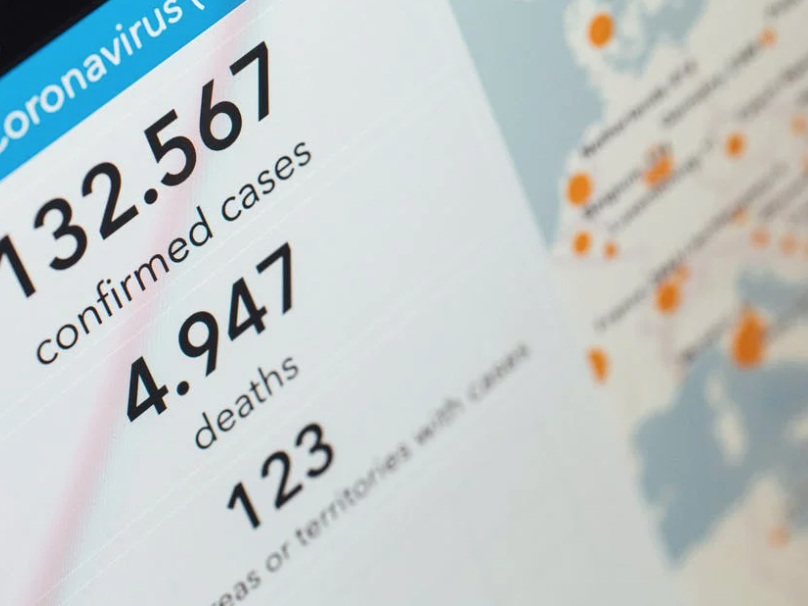By Alina Sobolik, student at the Department of Political Science at the University of Victoria
Critical observers have noted the lack of solidarity present in EU Member State actions following the outbreak of COVID-19 in Europe. When Italy called for help it was met with silence from its fellow Member States, eventually receiving supplies from China. The situation has been analysed as evidence of a disjointed union, lacking the solidarity it claims to be built on and heading toward political turmoil.
WHAT DOES IT MEAN FOR INTEGRATION?
However, this situation points to the advanced stage of integration that the EU has achieved. Member States are behaving as entities within a federal state rather than individual states in a crisis. Within a federal structure, the federal government is trusted to ensure equality among states and react effectively to crises. It is the federal government that is responsible for implementing a coordinated response, enforcing solidarity and ensuring the well-being of each province. The role of the provinces in this situation is to defend their own interests and ensure that their needs are being heard and addressed at the federal level. Importantly, the provinces do not feel responsible for the well-being of other provinces.
While the Member States responded selfishly to the COVID-19 crisis, the European Commission responded by stating that “we are all Italians” and implemented a comprehensive plan to protect the economy and the citizens.
LOOKING BACK
When the refugee crisis hit Europe in 2015, a number of Member States acted in solidarity but were not rewarded by the Commission as it attempted not to over-step its jurisdiction or infringe on Member State sovereignty. The result was a weak and disjointed response which was not implemented equally. Learning from this experience, the Commission took up a stronger leadership role in the COVID-19 response. Creating a system wherein Member States do not have to be held responsible for the well-being of other Member States because they have already provided the institutions with the jurisdiction and funding required to respond effectively.
LOOKING FORWARD
Furthermore, the Commission’s comprehensive response plan expands the competencies of the institutions to areas previously untouched and suggests the possibility of a fiscal union in the future. The Fund for European Aid to the Most Deprived reaches European citizens directly in a way that EU initiatives in the past have not by providing vouchers and home deliveries directly to citizens. The Temporary Support to mitigate Unemployment Risks in an Emergency (SURE) provides funding to extend national job creation programs, taking a direct role in providing employment insurance to European citizens. While the European Central Bank already produces country-specific recommendations for taxing and spending, the COVID-19 response reaches out directly to citizens.
Citations:
Braw, E. (2020, March 18). Europe’s Coronavirus Response: Selfish Member States and Active Institutions. Retrieved May 28, 2020, from https://rusi.org/commentary/europe-coronavirus-response-selfish-member-states-and-active-institutions
ANSA, R. (2020, March 11). We’re all Italians – von der Leyen – English. Retrieved May 28, 2020, from https://www.ansa.it/english/news/politics/2020/03/11/were-all-italians-von-der-leyen_d1d4067c-c9ed-4b8c-96c9-2dd0f4fcfd5a.html
Overview of the Commission’s response. (2020, May 25). Retrieved May 28, 2020, from https://ec.europa.eu/info/live-work-travel-eu/health/coronavirus-response/overview-commissions-response_en


